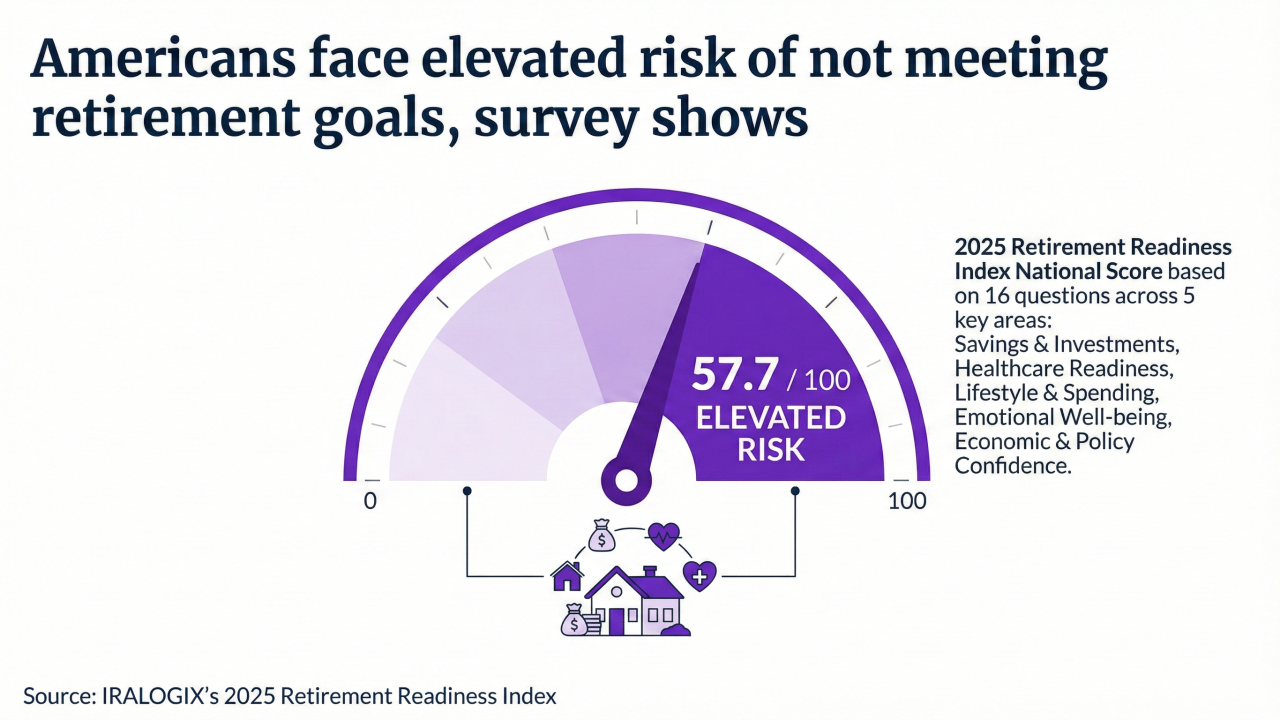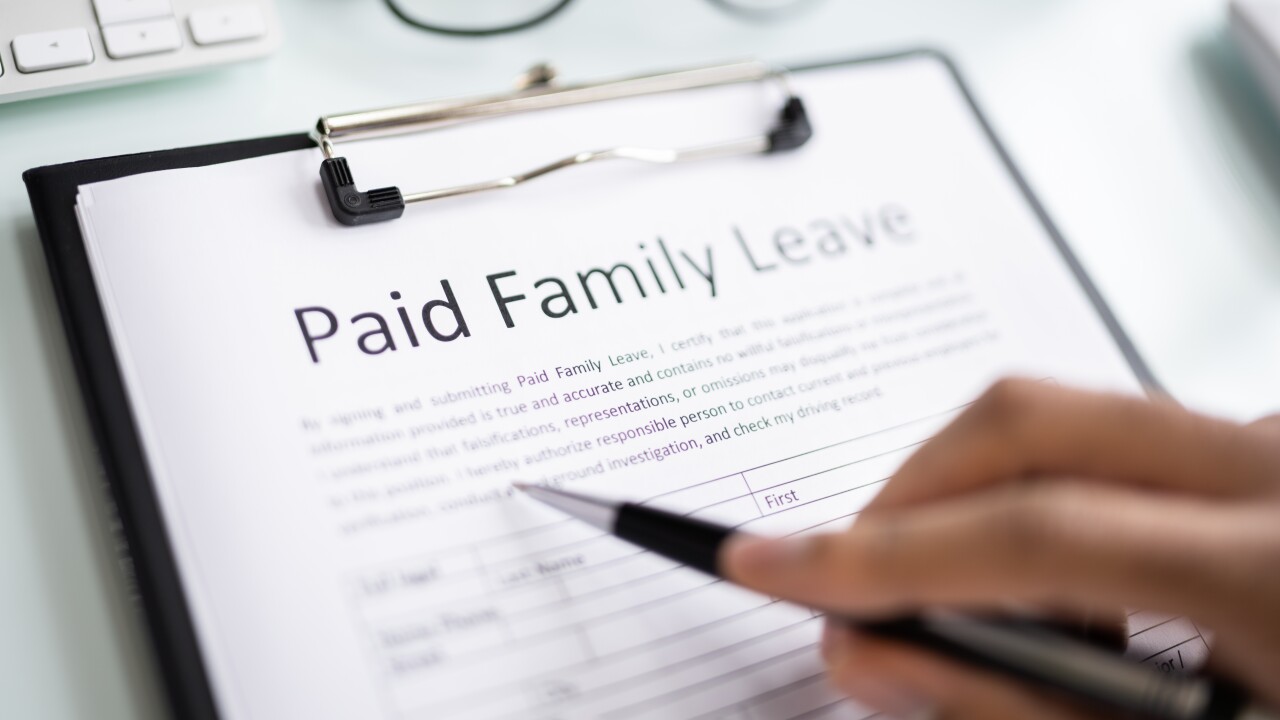In recent months, employers have been panicked over "quiet quitting" — a term coined to describe employees who are no longer going above and beyond at work, merely meeting the most basic expectations of their job description. But is all the noise drowning out bigger issues?
"Quiet quitters" make up at least 50% of the U.S. workforce, according to a recent report by workplace insights platform Gallup. That lack of engagement is cause for concern, but it doesn't necessarily tell the whole story, according to Allan Jones, CEO of Bambee, an HR management platform for small businesses. In fact, he says, the current discussion is ignoring entire communities of the workforce.
"Black people and people of color aren't necessarily talking about 'quiet quitting,'" says Jones, who is Black and Latino. "[These conversations] are coming from a pretty loud but privileged group in our work culture. What they're missing is the profile of the folks who are screaming those things the loudest. How can you 'quiet quit' when you're still fighting for equal opportunity?"
Read more:
According to a 2021 report from Hue, a nonprofit organization dedicated to building equity and prosperity for BIPOC communities,
"I think that's what gets lost in the fuss," Jones says. "We're spending a lot of time talking about how to make things mildly better for some, but not incredibly more dignified for others."
Of course, given the events of the last three years, it's not unreasonable that most employees and communities within the workforce are experiencing burnout. But
"Ninety-five percent of the narrative is being spent solely focused on non-people-of-color, and I would argue that the demands of people of color often are more dire," he says. "They're fighting for things like dignity in the workplace, fair pay in the workplace and equal opportunity in promotions."
Read more:
The "quiet quitting" conversation is also focused primarily on corporate careers and environments — a world in which diverse voices are already
"If you were a welder, a taxi cab driver, a truck driver or a nail tech, there's no such thing as quiet quitting," Jones says. "It is a privilege that literally does not exist because the difference between more hours on the job and less hours on the job is the ability to pay your rent."
Lack of engagement and the effects it has on the workforce has been an issue companies have had to face for years, but the signs and symptoms that have most recently caused lost productivity remain the same: a desire for flexibility, more communication and a better relationship between life and work.
For employers preoccupied with these quiet quitters, Jones has some advice: Focus on the
"That subset of people has always been there, now we've decided to coin the term for it," he says. "Look for people that are aligned with the values of your organization, measure those people, hold them accountable, and then give them the opportunity that they very well deserve. And those are the types of people that will come into your business and help you thrive."






